The Best Guide to Asthma Medications That Will Help You Choose Wisely
Asthma Medication Consumer Guide
Reviewed by:
Dr. Diana Rangaves, PharmDLast Reviewed On:
Feb 24, 22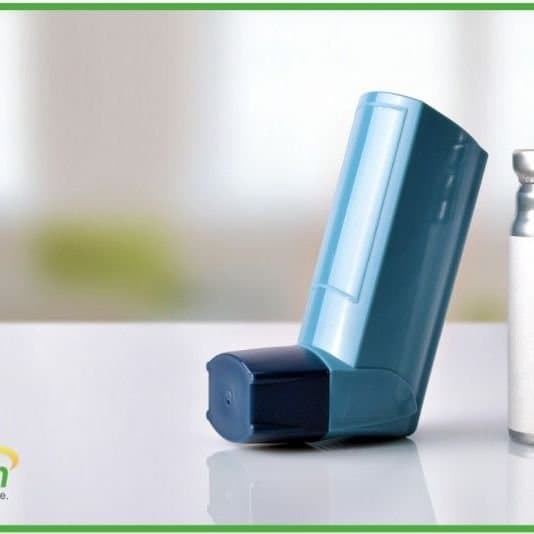
Are you suffering from asthma? More than 22 million people in the U.S. have asthma. Nearly 6 million of these are children.
Millions of sufferers go undiagnosed, sometimes for years. Are you one of those people? Do you regularly display any of the following symptoms?
- Wheezing
- Shortness of breath
- Tightness in the chest
- Coughing, especially in the early morning or after dark
If you do, visit your doctor’s office today. They can run a lung function test to determine whether you suffer from asthma.
If so, your doctor will set you up with asthma medications. They’ll reduce or eliminate your symptoms. These medications available today offer both immediate and long-term relief.
ASTHMA MEDICATION PRICE COMPARISON
For your convenience we have linked to all prescription drug prices (shown below) within our database so you can quickly compare and find the lowest prices on most asthma medications.
CATEGORIES OF ASTHMA MEDICATIONS
We split these medications into broad categories. Then we split them again into individual classes later in the article. Doctors may prescribe you up to one medication from each of the following categories.
LONG-TERM ASTHMA CONTROL MEDICATION
Sufferers take these to prevent attacks and control chronic symptoms. These medicines are the most important treatments for people with asthma.
- Theophylline
- Interleukin inhibitors
- Leukotriene modifiers
- Inhaled corticosteroids
- Long-acting beta-agonists (LABAs)
- Combination inhalers which contain both a corticosteroid and LABA
QUICK-RELIEF (RESCUE) ASTHMA CONTROL MEDICATIONS
Sufferers take these as needed for rapid, short-term relief. They treat (or prevent) an asthma attack.
-
Ipratropium Bromide
(
Atrovent
, Atrovent HFA,
Ipratropium
Inhalation Solution) - Short-acting beta-agonists such as albuterol
- Oral and intravenous corticosteroids (reserved for serious attacks)
ALLERGY-INDUCED ASTHMA CONTROL MEDICATIONS
Sufferers take these regularly (or as needed). They reduce a body’s sensitivity to allergens.
- Allergy shots (immunotherapy)
- Omalizumab (Xolair)
LONG-TERM
You take the following medications daily, with or without symptoms. They relieve symptoms long-term.
THEOPHYLLINE
You take this bronchodilator in pill form daily. It relaxes your airways, decreasing your lungs’ reaction to irritants. It only treats mild cases of asthma, especially for nighttime sufferers. Regular blood tests are often required. Side effects may include insomnia and gastroesophageal reflux.
- Theophylline (Theo-24)
This type of medication is one of the safest forms of asthma medications.
INTERLEUKIN INHIBITORS
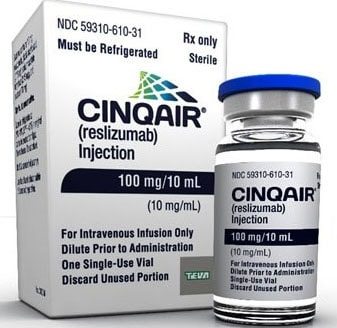
Doctors use these drugs to control severe asthma in adults. Doctors administer them by injection or IV. Your doctor will administer them once a month or once every other week.
Caution: These drugs may have severe, life-threatening side-effects. Tell your doctor if you feel nauseated, itchy, swollen, or have trouble breathing after your injection.
They are contraindicated if you use steroid medications. Tell your doctor if you have a history of parasite infections).
LEUKOTRIENE MODIFIERS
You take this medication to block the effects of leukotrienes. They are chemicals that cause asthma symptoms. These modifiers prevent symptoms for up to 24 hours.
- Zileuton (Zyflo CR)
- Zafirlukast ( Accolate )
- Montelukast (Singulair)
Caution: montelukast (Singulair) can cause adverse psychological reactions in rare cases. Symptoms may include aggression, hallucinations, agitation, depression, and suicidal thinking. If you notice any of these signs, see your doctor right away.
INHALED CORTICOSTEROIDS
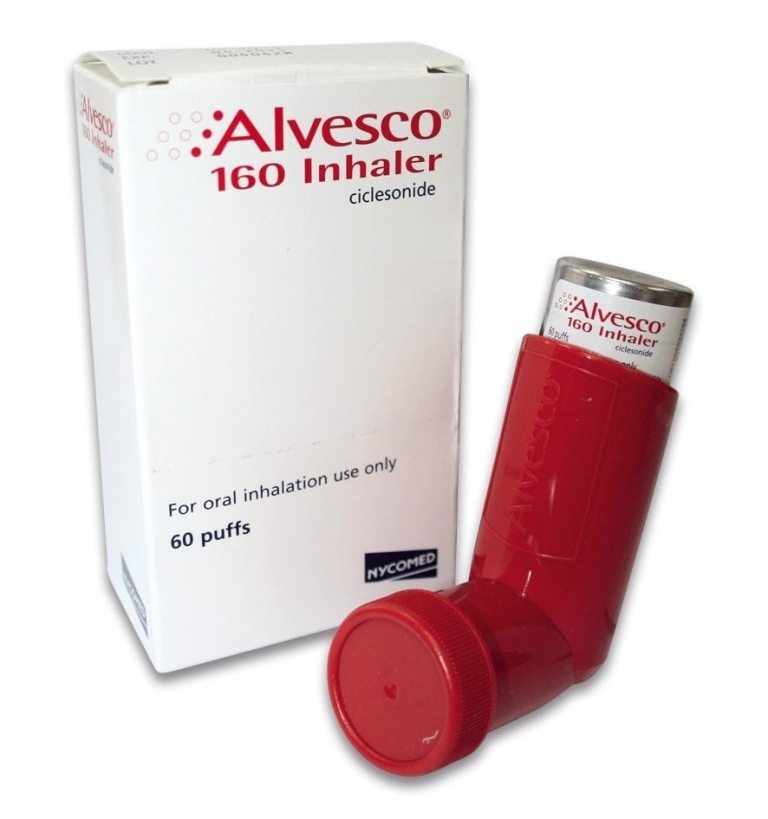
- Ciclesonide (Alvesco)
- Beclomethasone ( Qvar )
- Budesonide ( Pulmicort )
- Mometasone ( Asmanex )
- Flunisolide (Aerospan HFA)
- Fluticasone or vilanterol ( Flovent HFA )
The risks of corticosteroids are minor. Side-effects occur rarely. They include oral yeast infections and mild mouth or throat irritation. To reduce the chances, use a spacer, metered-dose inhaler, and rinse your mouth after each use.
This will reduce the amount of the drug that gets absorbed into your system
Caution: long-term use of inhaled corticosteroids may slightly delay growth in children. This is only a mild effect. Effective asthma control generally outweighs the risks. If you have any concerns, consult your asthma specialist.
LONG-ACTING BETA-AGONISTS (LABAS)
You use these bronchodilators to open your airways and reduce bronchial swelling. They last for at least 12 hours. They control moderate to severe asthma, preventing nighttime symptoms. Your doctor will need you to take these on a regular schedule to prevent attacks.
- Dyphylline
- Salmeterol ( Serevent )
- Formoterol ( Foradil , Perforomist)
Caution: Your doctor will also prescribe an inhaled corticosteroid. You must use it in combination with this drug. In unusual cases, LABAs set off severe asthma attacks. The corticosteroids counteract these effects.
If you use Foradil for COPD, it will benefit you to read up on its uses for asthma vs COPD .
COMBINATION INHALERS: LABAS WITH CORTICOSTEROIDS
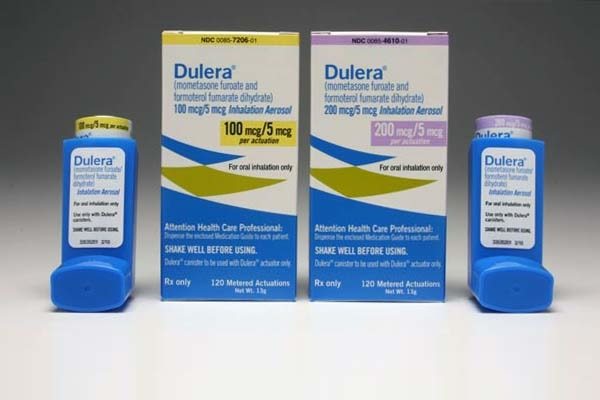
- Guaifenesin and theophylline
- Mometasone and formoterol (Dulera)
- Budesonide and formoterol ( Symbicort )
- Fluticasone and vilanterol ( Breo Ellipta )
- Fluticasone and salmeterol ( Advair-Diskus )
- Dyphylline and guaifenesin (Difil-G Forte, Dilex-G 400, Dy-G, Jay-Phyl, Lufyllin-GG)
Caution: In unusual cases, LABAs can cause severe asthma attacks. The corticosteroids counteract these effects.
QUICK-RELIEF (RESCUE)
IPRATROPIUM
You take this bronchodilator for chronic bronchitis or emphysema. In severe cases, doctors sometimes prescribe this to treat asthma attacks. Use it as an alternative to (or in combination with) short-acting beta-agonists.
- Ipratropium (Atrovent, Atrovent HFA, Ipratropium Inhalation Solution)
Caution: Tell your doctor if you have narrow-angle glaucoma, enlarged prostate, bladder obstruction, or urination problems. The medication is contraindicated in such circumstances.
SHORT-ACTING BETA-AGONISTS
You take these asthma medications to prevent an imminent attack or stop one that’s in progress. Effects occur within minutes and last up to 6 hours. Take them only when needed.
Does exercise induce your asthma? Pollen? Animal dander? Cold temperatures? If you know you’ll be in an environment that will induce an asthma attack, take these medications as a preventative 1/2 hour beforehand.
- Xeponex , Xopenex HFA, Xenopenex Concentrate)
- Albuterol (ProAir HFA, ProAir RespiClick, Proventil , Proventil HFA , Ventolin and Ventolin HFA )
Possible side-effects include palpitations and jitters.
Most sufferers use quick-relief medications in combination with a long-term medication. This type of plan reduces overall symptoms and lessens the severity of attacks when they occur.
You might manage your symptoms with quick-relief drugs alone. This is possible in minor, infrequent, or exercise-induced asthma.
Check in with your asthma specialist regularly. If you continue to suffer from severe attacks, inform your specialist. You’ll likely need an alternative medication plan.
ORAL AND INTRAVENOUS CORTICOSTEROIDS
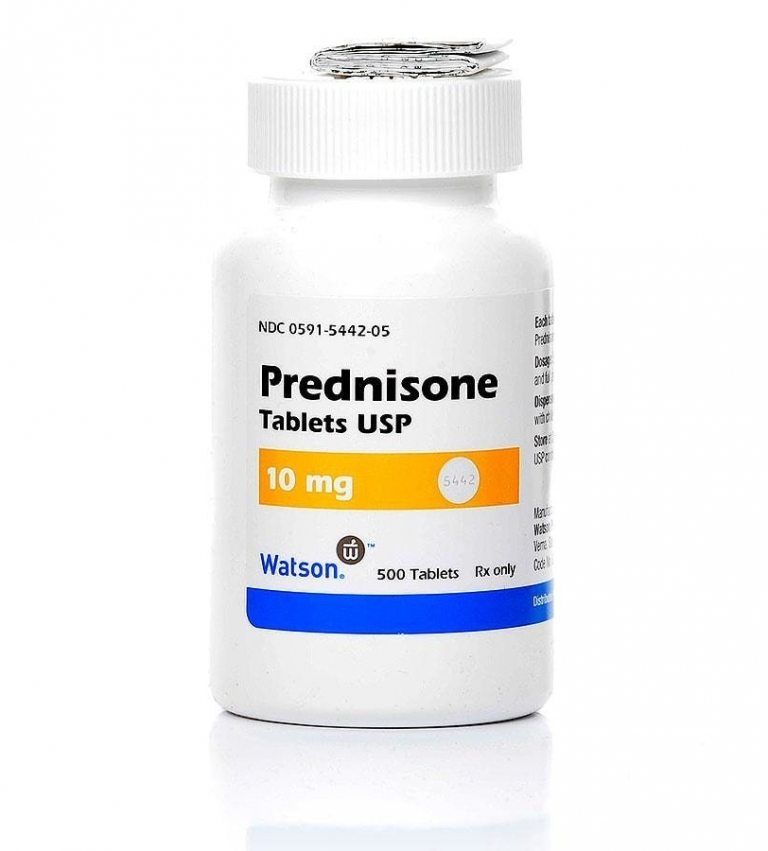
- Prednisone (Rayos, Sterapred)
- Triamcinolone Acetonide ( Kenalog-40 )
- Methylprednisolone Acetate (MethylPREDNISolone Dose Pack, Medrol , Solu-Medrol, Depo-Medrol , Medrol Dosepak)
- Dexamethasone (Dexamethasone Intensol, Dexasone , Decadron, Baycodron, Solurex, Solurex LA, Zema Pak, De-Sone LA, Dexacen-4, Dexasone LA, Dexpak Taperpak, LoCort, Zonacort)
Caution: Long-term use may cause osteoporosis, cataracts, muscle weakness, increased risk of infection, and high blood pressure.
ALLERGY INDUCED
These asthma medications reduce your reaction to allergens. Make certain your asthma specialist runs an extensive allergy test on you. Test for possible allergic reactions to foods, pollens, pets, molds, fungi, and dust mites.
ALLERGY SHOTS
You use this type of immunotherapy when you can’t avoid your allergens that trigger your asthma. These are a long-term solution, requiring years of regular doctor visits.
Begin with skin tests. They’ll help you and your doctor determine what you’re allergic to. Then your doctor will begin you on a series of shots.
Each shot contains trace amounts of allergens. Over time, your body’s response to the allergens normalizes. It no longer perceives them as a threat, so your bronchial tubes do not become inflamed.
The series of shots generally follow a similar timeline. You receive injections once each week for a month. Then, you get them once a month for 3 to 5 years. Over time, your body desensitizes, and allergens no longer cause a runny nose, watery eyes, or inflammation.
OMALIZUMAB
When you have allergies, your immune system produces antibodies to attack allergens. These allergens cause no harm to themselves. It’s your antibodies which cause your body to create allergic symptoms.
You take this type of medication to block these antibodies, reducing your immune system’s overreaction. You thereby reduce both your allergy and asthma symptoms.
- Omalizumab (Xolair)
Your doctor will give you an injection every 2 to 4 weeks. It’s not recommended for children under 12.
Caution: Omalizumab may trigger anaphylaxis, a life-threatening allergic reaction. The FDA also warns against an increased risk of heart attack. Furthermore, they warn against blood and brain vessel problems while on this drug.
If you receive this treatment, a healthcare professional must monitor you.
ALLERGY MEDICATIONS
You take these asthma medications in the form of oral pills or nasal spray. They’re available in both other-the-counter and prescription form. They are not a replacement for other asthma medications.
- Caffeine
- Cromolyns
- Decongestants
- Corticosteroids
- Antihistamines
Cromolyn has negligible side-effects. It’s a safe, long-term allergy medication. Most antihistamines and decongestants are the same.
Corticosteroid nasal sprays reduce inflammation in the sinus and nasal cavities. They should be used in moderation, according to your doctor’s specifications.
WHERE TO FIND YOUR ASTHMA MEDICATIONS
Traditional pharmacies may not be your best bet. Prescription prices in places like CVS, Walgreens, Walmart, Rite Aid, Kroger, and Safeway are excessive. One article that compared prices showed ’ Walgreens prescription prices 1000% more expensive
So where else can you go?
Where else? Online. Head to your nearest search engine. Before you go, read the following article to learn how to get your online medicine discount.
Go on, do it now. Time’s wasting.
So long and good luck.
Join Our Free Newsletter
Get a weekly dose of money-saving tips on your medications, drug side effects alerts, drug interaction warnings, free prescription coupons, late-breaking safety information and much, much more!